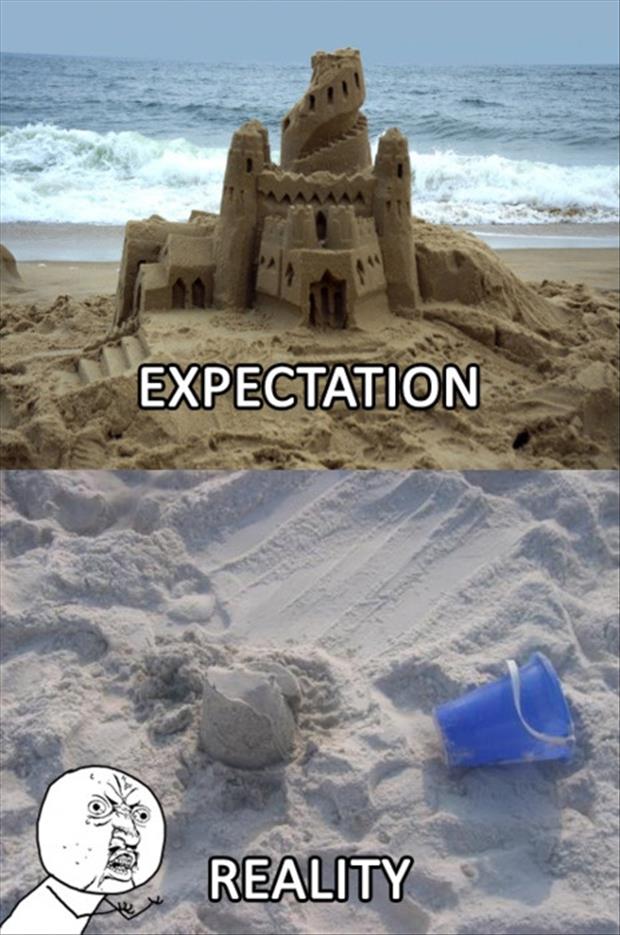Sonnet 129 is thrown into the collection seemingly out of nowhere. In a first reading of it, the words may come across
as abrasive. The poem’s brutal scrutiny
of the lustful might also be a shock to readers who are familiar with Shakespeare’s
references to the “Dark Lady.” The
reader may wonder at first if it is at all like any of Shakespeare's other sonnets. However, after looking closer at this poem,
it can be seen as less of a condemnation of lust than a collage of antithetical
statements or feelings. The poet here expresses both the problems and virtues of lust – ultimately deciding on its inevitability. Similar themes of desires that are eagerly sought, but
turn out to be unfulfilling is actually common in Shakespeare’s poetry.
Form
There are many uses of form in the sonnet that might cause
it to seem unique and perhaps more forward or abrupt than other sonnets. Nearer the beginning of the poem, a number of
lines start with more stressed syllables than is usual for iambic pentameter. This is accompanied in some places with a use
of lists that create stark images. Line
4 is a good example of this.
“Savage, extreme, rude, cruel, not to trust,”
At first, this jarring use of short terms gives the reader a
sense of distaste, as though the author wants us to abhor lustfulness and its
effects. However, the writer slowly goes
from describing the terrible state of the lustful to contrasting the ideals of
lust to the reality of it. The poet uses
words such as “heaven,” “bliss,” and “joy” in direct opposition to words such
as “hell,” “mad,” and “woe.”
As this progression takes place, the stresses in the poem become more
uniform in a way that might accompany the feeling of giving in. James Harrison observed that “the words used to
characterize the negative effects of lust become perceptibly weaker towards the
end of the poem.” This idea is
interesting to note because in the final couplet, the poet turns on his assumed
abhorrence and paints lust as inevitable - a conclusion the poem falls into naturally.
 |
| source |
Theme
As the form and content of the poem establish, the poem is
not just meant to condemn lust, but to contrast feelings against themselves - particularly
those of expectation against reality and the idea that appetites will can truly
be fulfilled nor avoided. This is
present in a number of his other sonnets, particularly Sonnet 118. This sonnet, in line with others, is tinged
with regret that is followed by an inability to escape the problem causing this
regret. It deals with ills or negative consequences that come
from giving or chasing after appetite, whether concerning the stomach or sexual impulses. Similarly, Sonnet 129 may express
regret about the “waste of shame” that is lust, but the narrator determines
that no one seems to be able to escape this. Other poems that
have similar themes or tones of regret or failure to control appetites might
include 119, 121, 147, and 152.
Conclusion
This sonnet, although regretful, is not a repentant
poem. The narrator believes that the
fault of falling into appetite is nearly impossible to avoid. The writer is more inclined to mourn that
heaven must be hell than to really try to change actions or behavior. This is more clearly evident when comparing
this poem to other poems and through analyzing the change in form over the
course of the poem as well as the contrasts created in it. In such a study, it is also better understood that this sonnet is not utterly unique in theme or form, but deals with ideas that are common in Shakespeare's works.

No comments:
Post a Comment